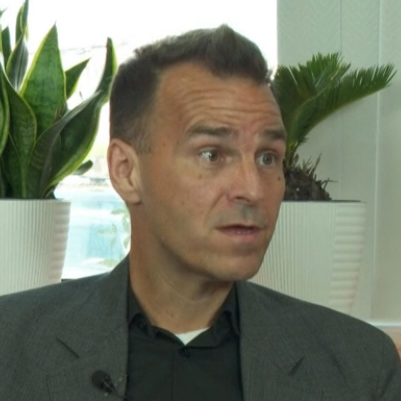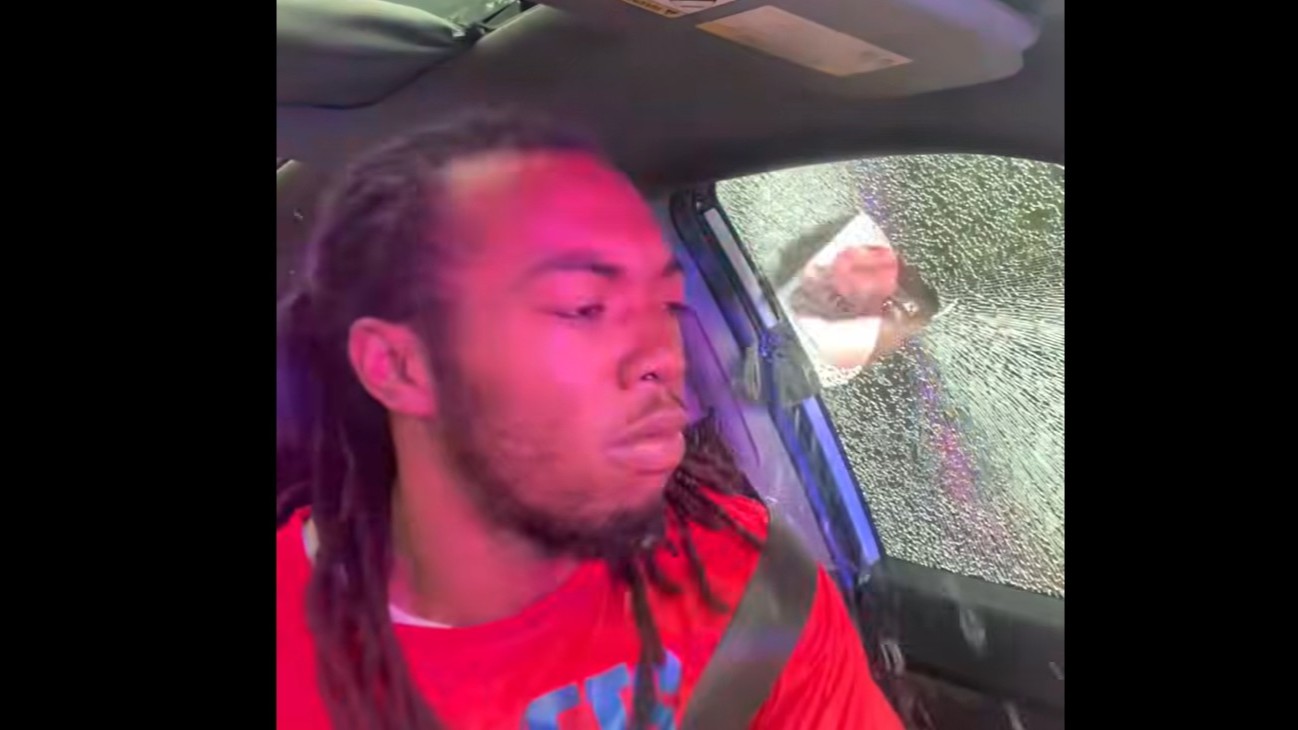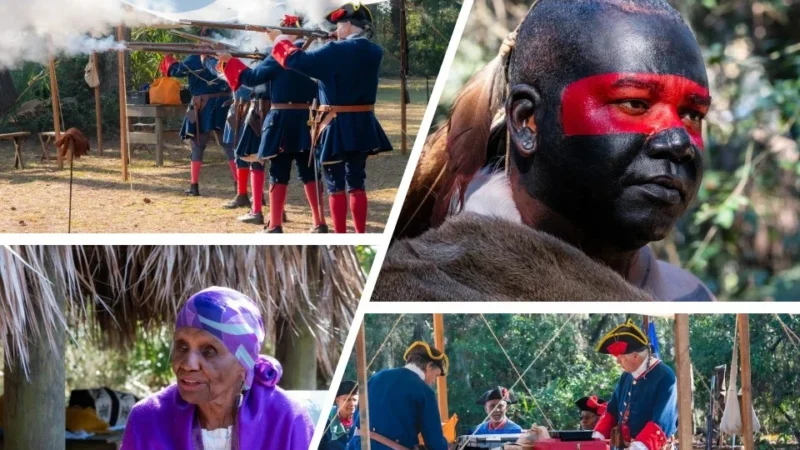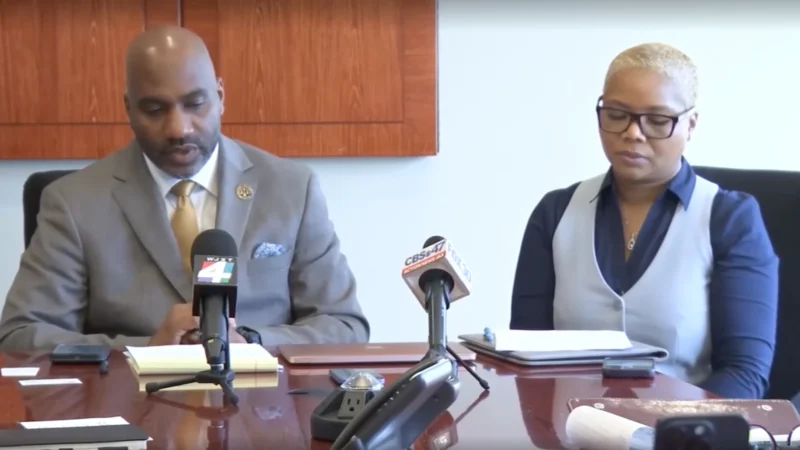
Last February’s police apprehension of William McNeil, Jr. for driving without headlights on a clear day wasn’t the kind of thing that made sense to people seeing it for the first time on social media.
Many viewers saw it as police brutality, ignoring the 22-year-old’s failure to cooperate with what was a seemingly aggressive traffic stop.
As attorney Ben Crump’s office put it, “When McNeil calmly asked to speak with a supervisor, officers responded by smashing his window and punching him in the face multiple times.”
Whether we have the right to ask for a supervisor during a police stop like a customer service transaction gone wrong presumably is a matter of debate.
But what is less debatable is that the event went horribly wrong for both the suspect and the officers who roughed him up.
During a press conference last month, McNeil framed it this way: “I was being held at gunpoint and I didn’t feel safe.”
With a lawsuit pending, JSO isn’t saying much, except that an officer in the incident is not in the field, that an investigation is ongoing and that full police body-worn video offers a more forgiving context for what went down than the snippets that went viral on social media, which according to Sheriff Waters, do “not comprehensively capture the circumstances surrounding the incident” due to “the distance and perspective of the recording cell phone” and omission of “the events that preceded Officer Bowers’ decision to arrest McNeil.”
Then the statement gets meta, suggesting that hard evidence has limitations.
“Moreover, cameras can only capture what can be seen and heard. So much context and depth are absent from recorded footage because a camera simply cannot capture what is known to the people depicted in it.”
JSO’s stance introduces the legal principle of reasonable doubt – suggesting that external observers don’t have the knowledge to levy judgement, raising the philosophical question of whether it is possible for any of us to judge others, absent full context of not just their actions but the prologue to them.
Reasonable doubt is enough for a case like this.
Gov. Ron DeSantis — whose endorsement of Waters in 2022 essentially ended any sheriff’s race to fill Mike Williams’ unexpired term — has said he knows what went down even without studying the incident.
“Maybe I’ll review it, you know, at some point. But I kind of heard about it,” DeSantis said last month. “Then I heard the response, and I’m like, ‘Yeah, that kind of checks out to me without even knowing any of the facts.’ I just know how this stuff works, right?”
Local politicians haven’t had much to say, and given the 6-1 GOP advantage on the City Council Finance Committee, there likely won’t even be an exchange about this during the JSO budget hearing this month.
And if there is, so what? History tells us nothing would come of it anyway.
The current council has said very little to criticize JSO under Waters, and previous councils failed and flailed when they stoked confrontations. There was noise about civilian review boards, but the few who wanted them never had a real plan to get the language in the charter before a state preemption bill illegalized the concept anyway.
Then there was the time a councilman wanted to hold half of JSO’s budget below the line, effectively forcing them to come back mid year to sing for their supper.
To be sure, a civil lawsuit could be an expensive spectacle. Perhaps when the Florida DOGE team is in town this month to scrutinize the city of Jacksonville’s spending, they may want to review the economics of settlements if they run out of DEI and CRT to lobby against in the budget.
But no matter what Ben Crump and associates accomplish, they won’t change how police business is conducted.
There was a simulacrum of a window for sustained protest back in 2020 after George Floyd was killed, but its main outcome was putting Joe Biden in the White House before the backlash began. Now, it’s a fever dream reminiscence, like COVID masks and Pelotons.
And even if lawmakers wanted to crack down on perceived police violence, it wouldn’t matter much. As Gov. DeSantis noted last week, local sheriffs worry about ICE trying to “poach” their deputies for immigration enforcement, with promises of student loan forgiveness and big signing bonuses as incentives.
Labor has the power in this scenario. And as those who have dealt with the Fraternal Order of Police can tell you, Woody Guthrie was right when he said there was power in a union.
For these reasons and others, in Florida and most everywhere else, the state has latitude when addressing a perceived threat. It is institutionally protected, and always will be.







